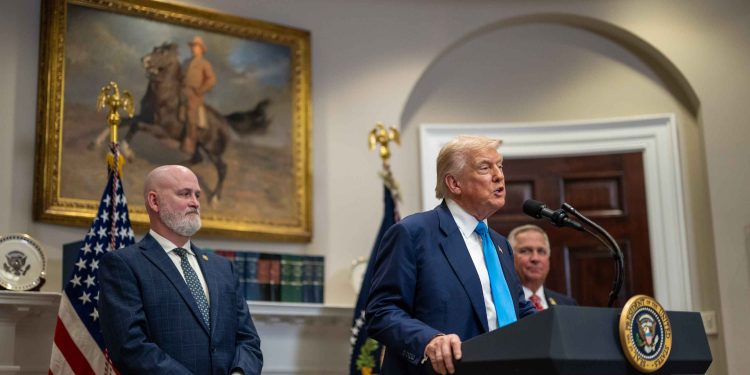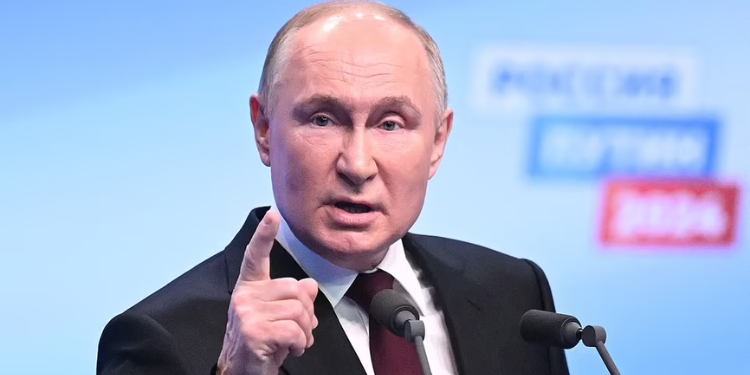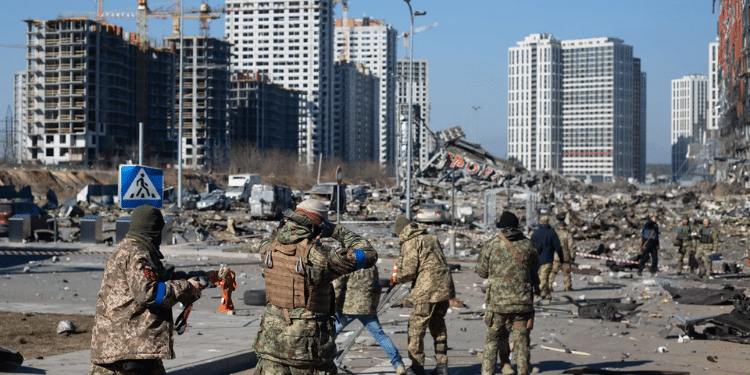President Luiz Inácio Lula da Silva has signaled a firm stance in response to President Donald Trump’s threat to impose sweeping 50 percent tariffs on Brazilian goods, set to take effect August 1. The tariff announcement explicitly linked to Brazil’s ongoing criminal trial of ex-President Jair Bolsonaro sparked strong pushback from Brasília.
The U.S. Tariff Threat and Lula’s Response
Trump cited the trial, labeling it a “witch hunt”, and directly pressured Brazil to abandon the judicial process. By contrast, President Lula rejected any suggestion that Brazil might suspend or delay its independent legal system in response to external pressure. “Here in Brazil, the judiciary is independent,” he said, emphasizing that accountability in domestic affairs is not subject to international negotiation.
Brazil’s diplomats sought dialogue. The government claims it issued a formal letter on May 16 and engaged in at least ten direct meetings seeking resolution. Yet, according to Brazilian officials, no official response was received, only a social media post from Trump. Lula described that lack of engagement as both discouraging and unacceptable. “Seriousness does not require subservience,” he said, asserting that respect must flow in both directions.
While Lula’s government has expressed willingness to negotiate, firmness remains central. In a World Trade Organization session, Brazil cautioned against using tariff policy as leverage in internal political disputes. At the same time, Vice President Geraldo Alckmin confirmed Brazil had held undisclosed discussions with U.S. trade officials but repeated that Brazil would not abandon its judicial independence or settle legal cases under external duress.
Legal, Economic and Strategic Aspects of the Dispute
In early July, President Donald Trump announced a sweeping tariff of 50 percent on all Brazilian exports to the United States, citing Brazil’s criminal prosecution of former President Jair Bolsonaro, whom Trump described as the victim of a “political witch hunt.” The tariff is due to take effect on August 1, 2025. In response, President Luiz Inácio Lula da Silva vowed to invoke Brazil’s newly enacted Economic Reciprocity Law, passed by Congress in April and formalized in July under decree number 12.551/2025, to impose equivalent countermeasures should the U.S. proceed.
Finance Minister Fernando Haddad has framed these retaliatory steps as necessary but measured. While the government is preparing financial relief packages for exporters, particularly in agriculture, aerospace, and energy sectors, Haddad emphasized that these support measures will stop short of broad tax exemptions, and will not burden domestic consumers with reciprocal tariffs in the same product areas. Officials indicate targeted credit lines and financial aid for companies such as Embraer, Brazil’s aircraft manufacturer, are under consideration.
Market response was swift. Brazilian equities slumped the day after Trump’s announcement, with broader indices down around 0.5 percent, while the currency Real dropped nearly 2.8 percent, before modestly recovering amid intervention and capital inflows. Economist commentary suggests that retaliatory tariffs imposed by Brazil, aided by the Reciprocity Law, may partially buffer the impact, but also introduce new uncertainties for trade and investment flows.
Also Read: Trump Slaps 30% Tariffs on European Union and Mexico
Brazil’s response has been “firm but open.” Vice President Geraldo Alckmin announced that Brazilian officials had met with U.S. trade representatives in secret. However, formal negotiations did not report any breakthrough. Brazilian officials have also filed a complaint at the World Trade Organization that unilateral tariffs over internal politics could destabilize international trade.
Brazil is at the forefront of an international test in this dispute. While Trump’s trade policies heavily touted U.S. national interests and domestic political alignment, Brazil’s messages of sovereignty, judicial independence, and international reciprocity have appealed to the concerns of multilateral institutions and emerging markets.
Broader Diplomatic and Regional Implications
Brazil’s BRICS stance was also interpreted as a signal of its strategic diplomacy. BRICS now includes Indonesia, Nigeria, and other Global South countries, and while only a few heads of state attended the in-person meeting, President Lula’s remarks on trade unity and the importance of resisting unilateral tariffs have been met with praise from friendly leaders. Brazil’s rhetoric at the BRICS summit and messaging around retaliation was also contrasted with U.S. threats of further tariffs against BRICS partners that were considered “anti-American.
A growing theme in commentary from foreign policy analysts is that Brazil is pursuing what some have described as “active non-alignment”, eschewing rigid alliances in favor of principled independence. In a recent letter to the Financial Times, a former ambassador praised Brazil’s decision to resist U.S. pressure while deepening trade ties with other major markets such as China and India.
At home, Brazilians have expressed their displeasure by going online and posting memes and widespread social media posts in what has been termed the “vampetaço.” A cultural movement of memes, sometimes humorous or satirical, the posts are a rebuke of the United States trade policy, many using the image of popular Brazilian soccer player Vampeta. The online protest started in mid-July following a U.S. trade investigation into Brazil’s Pix digital payments service. Brazilian energy companies have reportedly suspended oil shipments to the U.S., not knowing if the crude exports would be exempted from tariffs. Oil has been one of Brazil’s biggest exports.
Analysts warn that sustained economic confrontation could cost Brazil over 100,000 jobs, halving export revenues and reducing GDP by up to 0.2 percentage points. The central bank, grappling with inflation above 5% and maintaining interest rates at 15%, faces mounting pressure. The rising cost of servicing debt and slowing credit growth are adding to Brazil’s fiscal constraints.
At the same time, the dispute has become a political asset for the Lula administration. Opponents of former President Bolsonaro, whose legal proceedings are at the center of Trump’s conditioned tariff threats, have portrayed the U.S. move as political interference. Lula’s defiance has resonated both with nationalist sentiment and among business communities wary of overdependence on the U.S. market.
As global powers observe, this dispute transcends standard trade friction. It has become emblematic of emerging economies’ pursuit of strategic autonomy, and at a pivotal moment, Brazil is taking a central role as a Global South defender of judicial sovereignty and fair-trade norms.
Follow our WhatsApp Channel and X Account for real-time news updates.

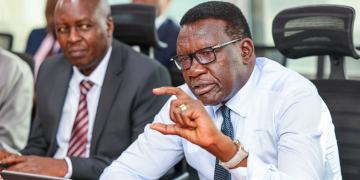





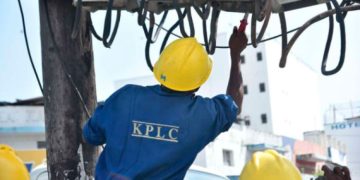









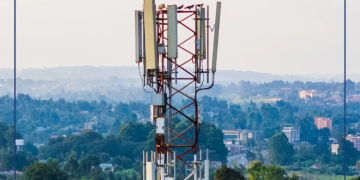
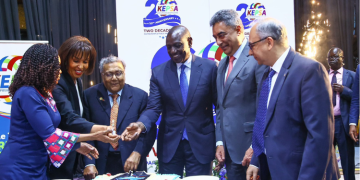


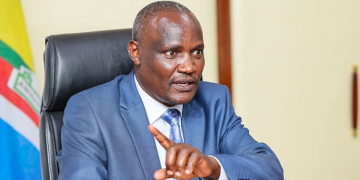





























![Senator Allan Chesang And Chanelle Kittony Wed In A Colourful Ceremony [Photos] Trans Nzoia Senator Allan Chesang With Channelle Kittony/Oscar Sudi]( https://thekenyatimescdn-ese7d3e7ghdnbfa9.z01.azurefd.net/prodimages/uploads/2025/11/Trans-Nzoia-Senator-Allan-Chesang-with-Channelle-KittonyOscar-Sudi-360x180.png)




















